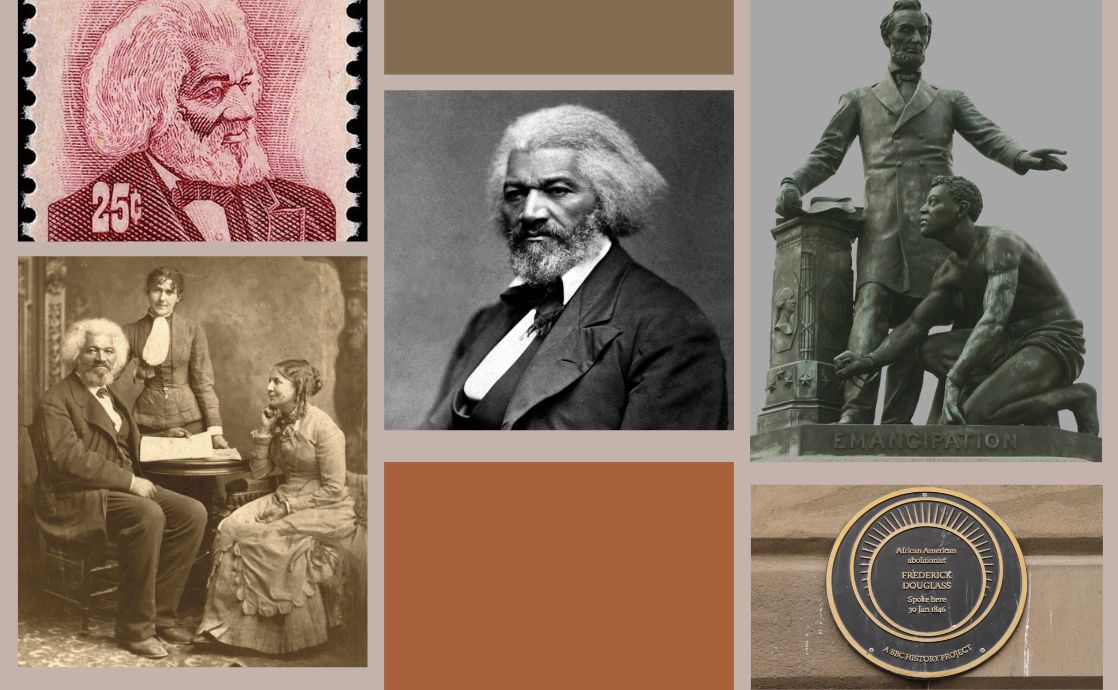The interweaving of the Baháʼí teachings with the life and legacy of Frederick Douglass presents a compelling exploration of freedom, justice, and human dignity. Both the Baháʼí Faith and Douglass offer profound insights into the nature of liberation—both spiritual and social—and how these freedoms can inspire transformative change in individuals and societies. This discourse will elucidate the fundamental principles embodied in these teachings and Douglass’s philosophy, emphasizing their resonance and the promise of a shift in perspective that beckons a reevaluation of humanity’s shared journey towards emancipation.
At the heart of the Baháʼí teachings lies a clarion call for the unity of mankind. This principle emphasizes that all human beings, regardless of race, gender, or creed, are fundamentally equal. In a world rife with divisions, the Baháʼí Faith advocates for an unprecedented global perspective that transcends barriers. This belief in unity aligns harmoniously with Douglass’s philosophy, which underscored the necessity of collective action against oppression. As Douglass asserted in his rhetoric, true freedom is inextricably linked to the liberation of all peoples, creating an urgency for societal transformation that reflects the Baháʼí ideal of global fellowship.
Further enhancing this call to unity, the Baháʼí teachings advocate for justice as a central tenet of human life. In a society characterized by disparities and injustices, this teaching challenges individuals to scrutinize the structures that perpetuate inequality. Douglass’s own life epitomized this struggle; having escaped the bonds of slavery, he became a vocal advocate for social justice and civil rights. His speeches and writings serve as a bastion of moral clarity, urging individuals not only to seek their own freedom but to champion the liberation of others oppressed by systemic injustice. The parallelism between Douglass’s advocacy and the Baháʼí commitment to justice suggests that the path to individual freedom invariably involves a collective responsibility to uplift the marginalized.
Moreover, the emphasis on education within the Baháʼí Faith provides another vital pillar in understanding freedom. Knowledge is viewed as a potent liberator, illuminating the mind and spirit. The Baháʼí teachings articulate that education empowers individuals not only with the ability to think critically but also with the capacity to effect change within their communities. Douglass recognized this transformative power when he famously stated, “Education is the pathway from slavery to freedom.” His relentless pursuit of education, despite the barriers imposed upon him, exemplifies the Baháʼí idea that enlightenment is a fundamental human right and a prerequisite for true liberation.
A significant aspect that binds the Baháʼí teachings and Douglass’s mission is their profound moral compass, which espouses love and compassion as foundational virtues. The Baháʼí Faith teaches that love is the most potent force in the universe—a force that has the power to dismantle enmity and foster connections among disparate groups. Douglass’s approach to abolition was similarly informed by a deep-seated love for humanity, which drove him to seek the liberation of his fellow enslaved individuals. His speeches often invoked an appeal to the humanity of his audience, fostering empathy and urging action based on a shared moral obligation to combat injustice. This invocation of love as both a potent catalyst for change and a moral imperative amplifies the calls for freedom articulated within both traditions.
Additionally, the Baháʼí teachings emphasize the importance of the individual’s relationship with God, framing it as integral to personal freedom. The conception of the Divine is not that of an external force dictating terms but as an ever-present source of guidance that encourages self-realization and agency. By fostering a direct connection with the Divine, individuals are prompted to explore their potential, thus liberating their spirits. This idea aligns seamlessly with Douglass’s assertion that spiritual freedom is essential to the pursuit of worldly liberties. Douglass’s writings often illustrate the duality of spiritual and physical emancipation, reinforcing that the journey towards collective freedom begins within.
As we contemplate the lessons derived from the Baháʼí faith and the legacy of Frederick Douglass, it becomes apparent that their teachings resonate with a timeless urgency that transcends their historical contexts. Both advocate for a vision of humanity characterized by unity, justice, love, education, and spiritual empowerment. These elements are not mere ideals to be pondered; they are actionable principles that can catalyze meaningful change in contemporary society. The prospect of embracing these principles invites a transformative shift in perspective—a reawakening of the shared potential that resides within every individual.
Ultimately, the intersection of the Baháʼí teachings and Frederick Douglass’s calls for freedom paints a vivid tableau of humanity’s continuous strive towards liberation. The journey is fraught with challenges, yet the promise of transforming our world through these guiding principles is irrefutable. By integrating the foundational truths of unity, justice, love, education, and spiritual empowerment into the fabric of our daily lives, individuals can cultivate not only their own freedom but also contribute to uplifting humanity as a whole.
